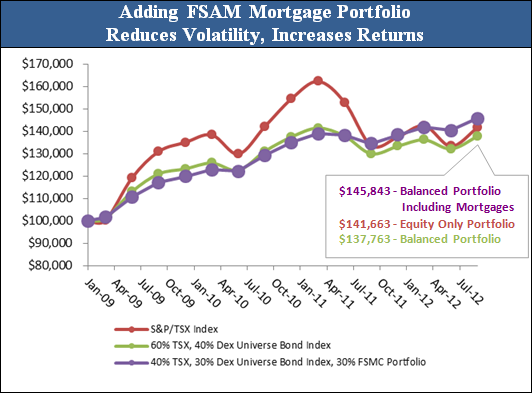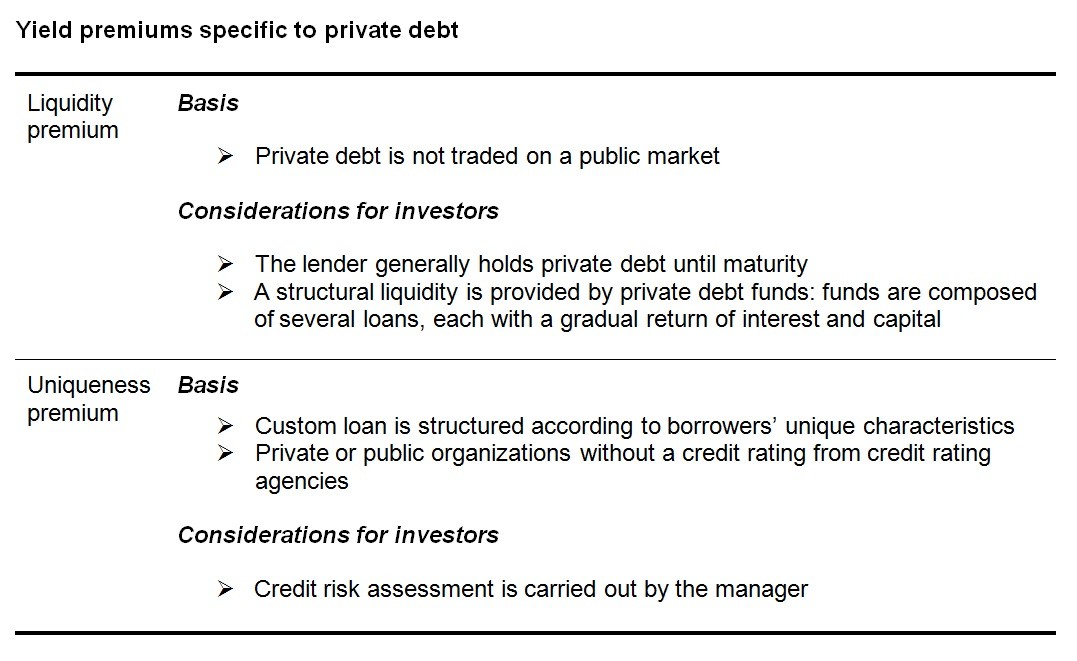The mortgage advantage An attractive alternative to bonds
Post on: 21 Июль, 2015 No Comment

When we hear the term fixed income, most of us think about bonds issued by corporations and various levels of government. In today’s world of low interest rates and prospects of fixed income losses (when yields rise), mortgages may provide an attractive complement to fixed income allocations.
Most homeowners know the basics of a mortgage—a loan secured by the underlying real estate. Similar to a bond, the borrower agrees to repay the loan, and interest, on a predetermined schedule.
In its simplest terms, a commercial mortgage is a mortgage on property other than a single-family residence. It includes loans secured by retail, office, industrial, mixed-use and multi-unit residential rental properties. Canada enjoys a robust commercial mortgage market with more than $150 billion in outstanding balances.
There are two ways to invest in commercial mortgages: direct commercial mortgages and commercial mortgage-backed securities (CMBS). With direct mortgages, investors (or lenders on their behalf) originate the loan and hold it until maturity. An investor in CMBS holds a claim on cash flows from a pool of underlying commercial mortgages. The direct approach is of particular interest for pension plans, given the yield premiums offered. As of March 31, direct commercial mortgages, as measured by the RBC Capital Markets five-year rate, yielded 3.2%, while the DEX CMBS Index yielded 2.1%.
Lenders offer different terms for the repayment of interest and principal, but the typical mortgage loan covers a period of one to 10 years. In contrast, a typical Canadian fixed income portfolio may have almost 30% of its exposure in bonds maturing in more than 10 years. Without delving into bond math, we can still understand that a portfolio with longer maturities, locked-in at lower interest rates, will not do very well when interest rates rise.

For those more familiar with measures of interest rate risk, the difference in duration between Canadian bonds and direct commercial mortgages highlights the lower interest rate risk in mortgages. The average duration for a mortgage portfolio is three to five years. Compared with Canadian bonds, the DEX Universe Bond Index had a modified duration of 6.9 years at the end of March. Despite the lower interest rate risk, the yield on a direct commercial mortgages portfolio is 1% higher than the DEX Universe Bond Index (at March 31, 2013).
A primary reason for the premium is that direct mortgages do not actively trade and therefore benefit from a private market premium. Additionally, borrowers in the space do not have access to broader capital markets given their size. The shorter maturity and higher yield of a commercial mortgage portfolio may benefit investors in a low or rising interest rate environment.
The mortgage advantage
Lower interest rate risk…














